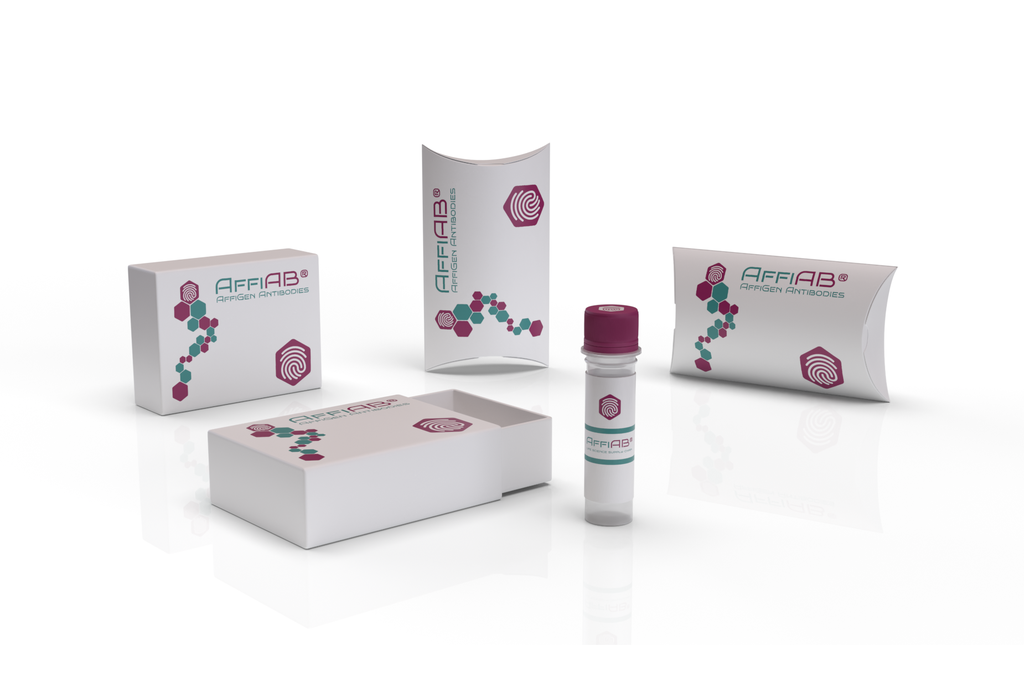AffiAB® Anti-IDO Antibody
Indoleamine 2, 3-dioxygenase (IDO) is an IFN-γ inducible enzyme that catalyzes the degradation of the essential amino acid L-tryptophan to N-formylkynurenine. The gene encoding human IDO maps to chromosome 8p12-p11. IDO, also known as INDO, is an important modulator of immunological responses and protects allogeneic concepti from alloreactive maternal lymphocytes. IDO mediates an interesting inhibitory effect of HeLa cells co-cultured with human PBLs. The ILN-2-induced proliferation response of PBLs is diminished in the presence of HeLa cells while an IDO inhbitor negates this effect. Flow cytometric analysis indicates both mature and immature CD123-positive dentritic cells suppress T cell activity using IDO. IDO-transfected cells co-cultured with T cells reduces T cell proliferation. Additionally, adopted transfer of donor T cells reduces donor T cell numbers in IDO-transgenic mice. The pharmacological or genetic manipulation of IDO may be useful for supressing undesirable T cell response.
Antibody type
Rabbit polyclonal Antibody
Uniprot ID
SwissProt: P14902 Human
Recombinant
NO
Conjugation
Non-conjugated
Host
Rabbit
Isotype
IgG
Clone
N/A
KO/KD
N/A
Species reactivity
Human, Mouse
Tested applications
WB, IF-Cell, IHC-P, FC
Predicted species reactivity
N/A
Immunogen
Recombinant protein within human IDO aa 176-342.
Storage
Store at +4°C after thawing. Aliquot store at -20°C or -80°C. Avoid repeated freeze / thaw cycles.
Form
Liquid
Storage buffer
1*PBS (pH7.4) , 0.2% BSA, 50% Glycerol. Preservative: 0.05% Sodium Azide.
Concentration
1 mg/mL.
Purity
Immunogen affinity purified.
Signal pathway
N/A
Recommended dilutions
WB: 1:500-1:2, 000; IF-Cell: 1:100-1:500; IHC-P: 1:50-1:200; FC: 1:50-1:100
Molecular Weight
Predicted band size: 45 kDa
Subcellular location
Cytoplasm.
Positive control
Human placenta tissue lysate, HUVEC, Hela, human tonsil tissue, human spleen tissue.
